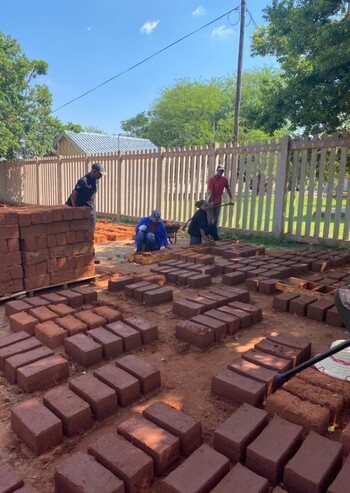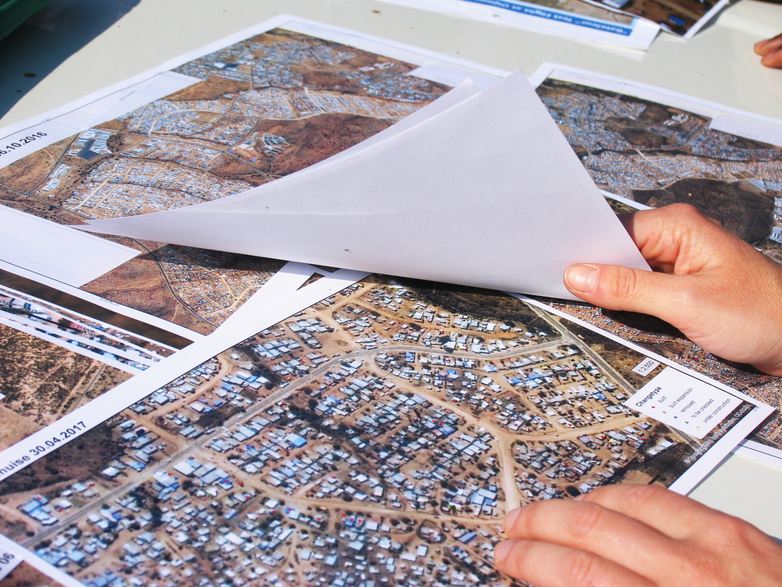Urban innovation: promoting sustainable planning and construction
Urban innovation made in Africa: sustainable planning and construction

Context
Worldwide, 1.6 billion people, more than 20 per cent of the global population, live in informal settlements. By 2050, it is estimated that a further two billion people will be living without safe housing and appropriate accommodation. The main reasons for the growth of informal settlements in developing countries are rapid urbanisation, inefficient planning and poverty.
It is important to ensure that all these people have appropriate housing and work and are provided with basic goods and services. There must also be a focus on climate change, as the construction industry is responsible for almost 40 per cent of all global energy-related CO2 emissions. At the same time, it is the poorest people who are most affected by the impacts of climate change. In order to make urban development pro-poor and climate friendly, there is an urgent need to promote integrated approaches to sustainable planning and construction and targeted financing models.
Objective
Sustainable planning and construction approaches and their financing have been disseminated and are being promoted across the ministries and piloted locally.
Approach
The project focuses on interministerial approaches for sustainable, climate-friendly and pro-poor urban planning and construction. It promotes dialogue between the German Federal Ministries for Economic Cooperation and Development (BMZ), for Housing, Urban Development and Building (BMWSB) and for Economic Affairs and Climate Action (BMWK). This ensures that issues are more coherent among the ministries and strengthens cooperation with partner countries in the area of urbanisation.
Together with stakeholders and the public, the project analyses local, participative measures on sustainable planning and construction in an urban lab in Rwanda. This allows those involved to gain knowledge on sustainable building materials and designs and identify financing models.
In addition, the project promotes knowledge sharing among politicians, researchers and practitioners from Rwanda and partner countries, and among German and international financial and academic institutions.

Last update: April 2023




